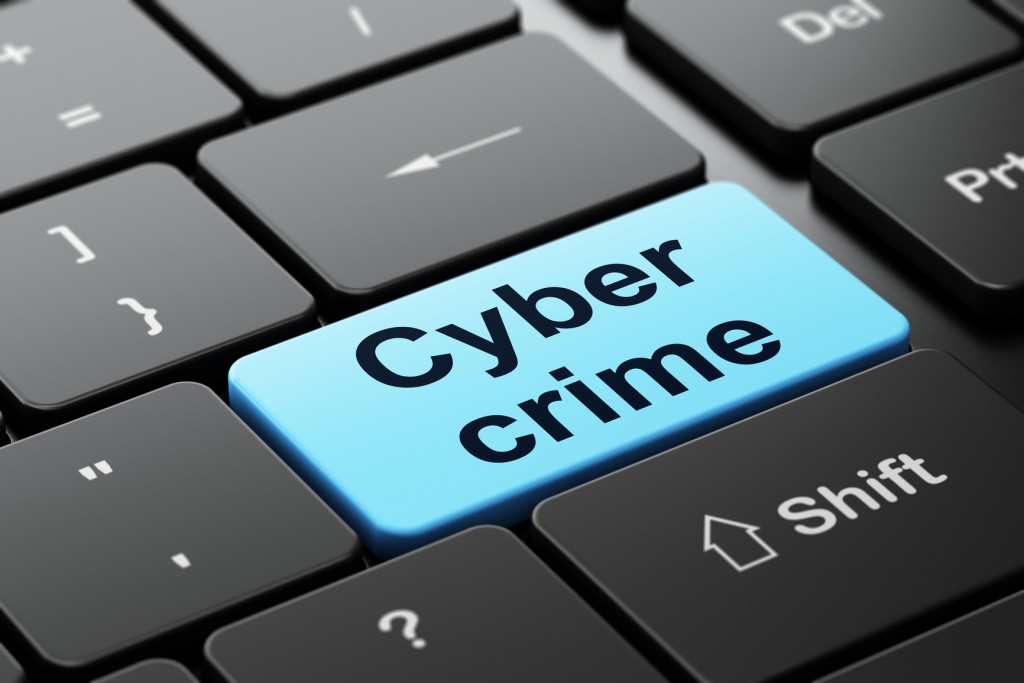The complexity of policing the cyberspace to safeguard the nation’s intellectual property rights underlines the need to review existing legislation and enforcement strategies to address digital piracy, the Director-General of the National Copyright Commission, Mr. Afam Ezekudo, has said.
Ezekudo, who said this in a statement made available to our correspondent against the backdrop of the 2016 World Intellectual Property Day, added that sharing and remixing of books, songs, movies, art works and other forms of IP had become the order of the day.
The NCC boss said, “In this era of WiFi, all forms of literary works, audio-visual and other forms of IP travel across borders with little or no regard for copyright, thereby affecting the way and manner in which consumable culture is created, distributed and appreciated.
“Today, the flexibility with which IP is created, accessed and financed, has far-reaching effects on the reward system of creators, bordering particularly on areas of remuneration, exploitation and protection.
“The process of satisfying the demand of the digital world, if not properly guided, poses the potential of enormous damage to IP rights. Millions of books, songs and movies are released every day online into the waiting hands of online pirates who have mastered the art of digital piracy.”
He added, “This near-free access to cultural consumables also poses challenges to enforcement agencies like ours in discharging our mandate. The complexities of policing the cyberspace further stresses the need to review our legislation and enforcement strategies to address digital piracy, strengthen existing collaborations with countries with which we have treaty obligations, enlighten local and foreign stakeholders on the emerging trends in the IP sector.
“It also imposes a greater responsibility on the creators themselves. The sheer volume of digital traffic means the stakeholders have to collaborate with agencies in protecting their works. They need to invest in cutting-edge technology that helps protect their works in the digital environment.”
In the near future, he added, the terrain of IP enforcement is likely to shift more and more from the terrestrial terrain to the virtual.
According to him, navigating this brave new world will require all the resources available to agencies and stakeholders to be channelled towards the fight.
Ezekude said as Nigeria embraces all the benefits that the digital-technology brings to life; the citizens must be critical and mindful not to use the same to violate the rights of teeming intellectual property creators.

